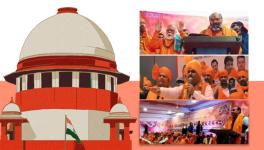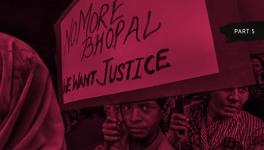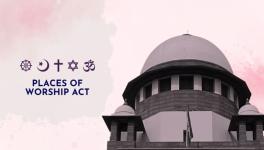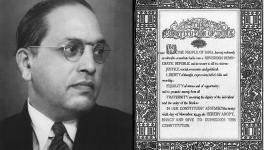Justice Raveendran Committee Found no Conclusive Proof of Pegasus Use Against Dissidents: SC
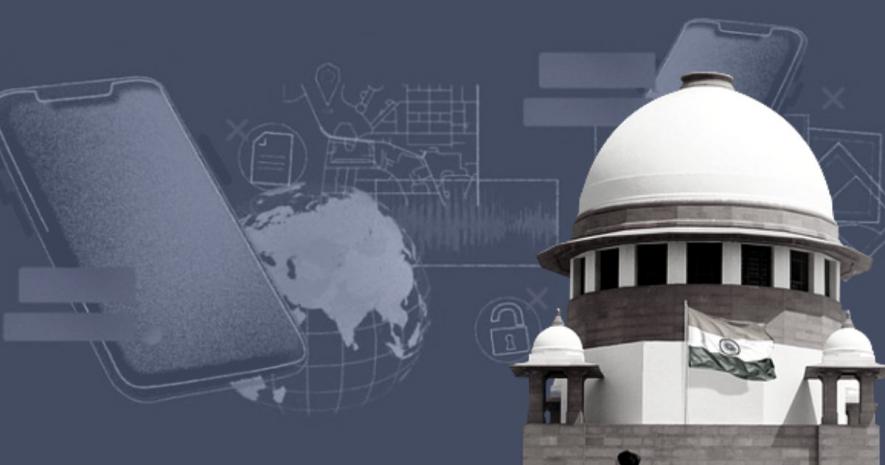
THE Supreme Court on August 24 opened the sealed cover containing the reports of the Technical Committee, as well as its supervising former judge, which was formed by it in October last year to probe the veracity of the allegations against the Union Government for its use of the Israeli spyware Pegasus to target activists, journalists, politicians, judges and government officials.
The bench, comprising the Chief Justice of India (‘CJI’) N.V. Ramana, and Justices Surya Kant and Hima Kohli, went through the report in open court. CJI Ramana informed the court that the reports run into three parts. He also informed the advocates appearing in the matter that the technical committee examined 29 phones. Of them, five phones had some malware but the technical committee says it could not be said to be Pegasus.
On the Union Government’s role, CJI Ramana said it appears from the Pegasus report that the government had not cooperated with the committee. It took the same stand as it did before the Supreme Court.
The CJI also added that former Supreme Court judge R.V. Raveendran, who oversaw the Pegasus committee, recommended changes in the existing law governing surveillance in the country. Besides, Justice Raveendran recommended that privacy protections must be enhanced along with the cyber security of the nation.
CJI Ramana said that Justice Raveendran’s report would be uploaded on the court’s website, but the technical committee report would be uploaded in redacted form as the committee members have requested for non-disclosure of some personal data.
On October 27, 2021, the Supreme Court has formed a Committee supervised by Justice Raveendran, assisted by former Indian Police Service (1976 batch) officer Alok Joshi, and Dr. Sundeep Oberoi, Chairman, Sub Committee in (International Organisation of Standardisation/ International Electro-Technical Commission/Joint Technical Committee).
Besides, it had three technical members:
- Dr. Naveen Kumar Chaudhary, Professor (Cyber Security and Digital Forensics) and Dean, National Forensic Sciences University, Gandhinagar, Gujarat.
- Dr. Prabaharan P., Professor (School of Engineering), Amrita Vishwa Vidyapeetham, Amritapuri, Kerala.
- Dr. Ashwin Anil Gumaste, Institute Chair Associate Professor (Computer Science and Engineering), Indian Institute of Technology, Bombay, Maharashtra.
The court had said that it was compelled to form the independent committee because:
- The right to privacy and freedom of speech were alleged to be impacted, which needed to be examined.
- The entire citizenry is affected by such allegations due to its potential chilling effect.
- No clear stand was taken by the Union Government regarding the actions taken by it.
- The seriousness accorded to the allegations by foreign countries, and the involvement of foreign parties.
- The Possibility that some foreign authority, agency or private entity was involved in placing citizens of this country under surveillance.
- Allegations that the Union or state governments are party to deprivations of citizens’ rights.
- Limitation under writ jurisdiction to delve into factual aspects. For instance, even the question of usage of the technology on citizens, which is a jurisdictional fact, was disputed and required further factual examination.
The Committee was to enquire, investigate and determine:
- Whether the Pegasus suite of spyware was used on phones or other devices of the citizens of India to access stored data, eavesdrop on conversations, intercept information and/or for any other purposes.
- The details of the victims and/or persons affected by such a spyware attack, and what steps/actions had been taken by the Union Government after reports were published in the year 2019 about hacking of WhatsApp accounts of Indian citizens, using the Pegasus suite of spyware.
- Whether any Pegasus suite of spyware was acquired by the Union Government, or any state government, or any central or state agency, for use against the citizens of India?
- If any governmental agency has used the Pegasus suite of spyware on the citizens of this country, under what law, rule, guideline, protocol or lawful procedure was such deployment made?
- If any domestic entity/person has used the spyware on the citizens of this country, then is such a use authorized?
- Any other matter or aspect which may be connected, ancillary or incidental to the above terms of reference, which the Committee may deem fit and proper to investigate.
“The State cannot get a free pass every time by raising national security concerns. No omnibus prohibition can be called against judicial review”, the Supreme Court had said.
The Union Government had informed the court that it did not want to file a detailed affidavit in the matter. Whether the government used a particular software for authorized interception could not be the subject matter of a court debate, Solicitor General of India Tushar Mehta had said, reiterating that the government was willing to constitute a committee of domain experts which could go into the issue.
Get the latest reports & analysis with people's perspective on Protests, movements & deep analytical videos, discussions of the current affairs in your Telegram app. Subscribe to NewsClick's Telegram channel & get Real-Time updates on stories, as they get published on our website.











